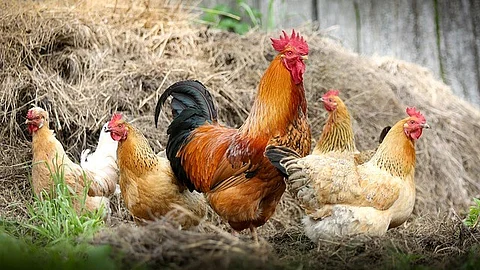What is H5N1?
H5N1, a highly pathogenic strain of avian influenza. This is a type of virus that mainly infects birds but can also infect mammals and humans. It was first discovered in China in 1996 and, since then, has spread worldwide. H5N1 causes severe disease and frequently deadly infections in poultry, and while human cases are rare, they can lead to major complications and a high fatality rate. The virus has demonstrated the ability to adapt and infect a wide range of animal hosts, providing a serious pandemic risk.
Precautionary Measures and Vaccine Development
To prevent the spread of H5N1 and minimize its impact, preventative measures are currently being implemented, according to US health officials. These involve closely monitoring infected people, particularly those who have had direct contact with infected animals, as well as evaluating vaccine components. The United States maintains an inventory of bird flu vaccines matched to the current strain of H5N1, and pharmaceutical companies like Sanofi and Glasco-Smith are prepared to develop additional vaccines if needed. However, the efficiency of these interventions is dependent on constant surveillance, rapid response to outbreaks, and ongoing research into the virus's behavior and potential mutations.
(Input from various resources)
(Rehash/Susmita Bhandary/MSM)


